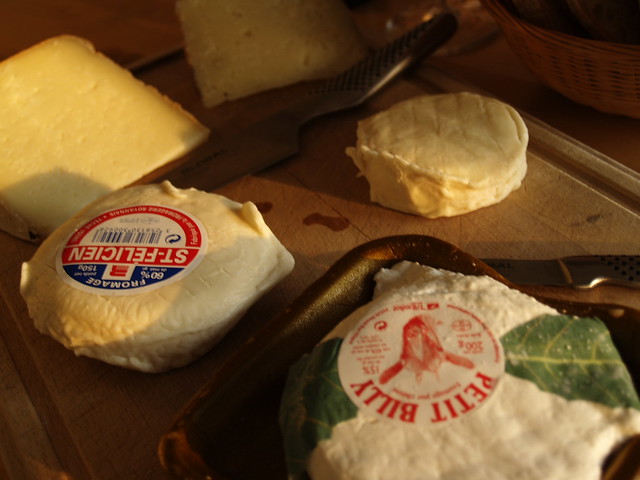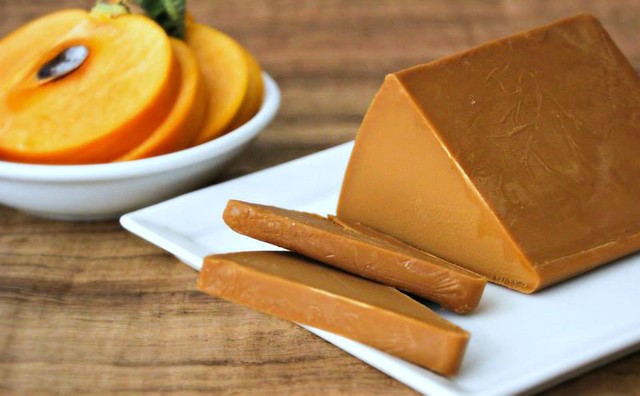One of the interesting words that came up in my Finnish lessons recently is iloinen [ˈilo̞i̯ne̞n], which means happy, cheerful, glad or merry.
It comes from ilo (joy, happiness, delight, pleasure, love, lover) from the Proto-Finnic *ilo (joy, delight, happiness), and the adjective suffix -inen [source].
Some related words include:
- iloisuus = joyfulness
- iloista = to be happy, glad, cheerful
- iloiesti = happily, merrily, gaily
- iloistua = to become delighted
- iloittelu = frolicking
- iloistutta = to delight, cheer up
- ilottomuus = joylessness
- iloton = gloomy
Related words in other languages include: ilo (joy, happiness) in Ingrian, ilo (fun, joy) in Veps, ilo (joy, elation, happiness, celebration) in Votic, and illu (happiness) in Northern Sami, which was borrowed from Finnish [source].
A related word in Estonian, ilu, used to mean joy delight, happiness or glee, but now means beauty, splendor or ornament [source].
Incidentally, the word ilo (tool) in Esperanto is completely unrelated [source]. It’s a back-formation from the suffix -ilo, which means an instrument or a tool for performing the action of the root. For example, tondilo (scissors) comes from tondi (to shear), and komputilo (computer) comes from komputi (to count, compute) [source].
Ilo can be combined with other suffixes to make words such as ilaro (a set of tools), ilujo (toolbox), and ilarujo (a toolbox for a toolset) [source].
If you’d like to learn some Finnish, you could try FinnishPod101 [Affiliate link], which looks pretty good, and you can try it for free. Here’s a sample:


